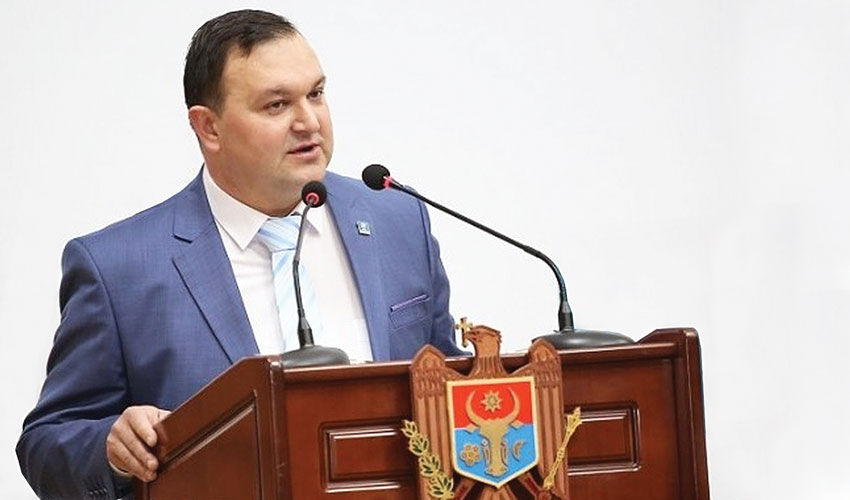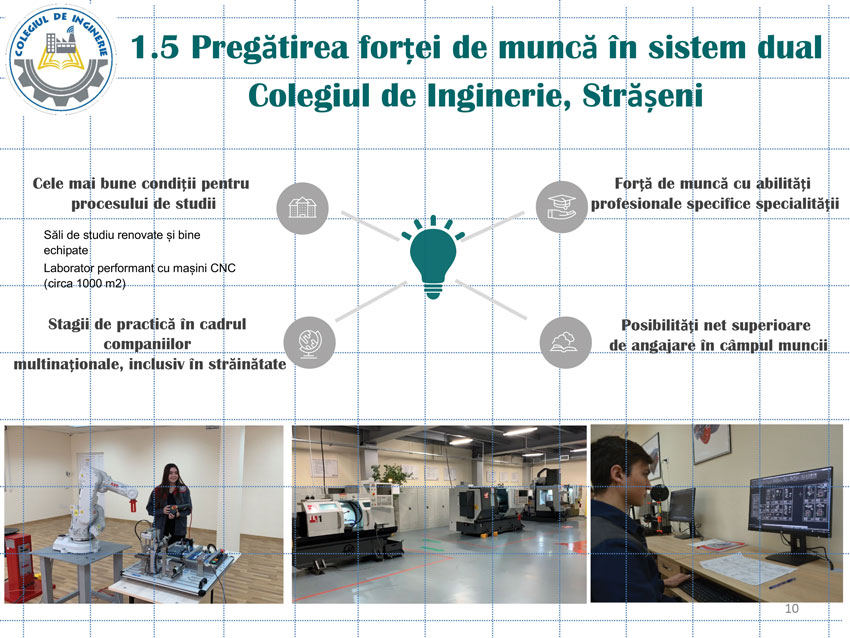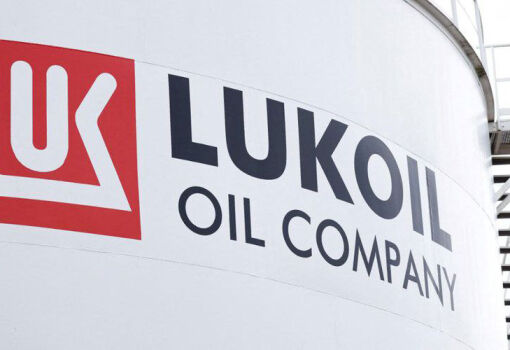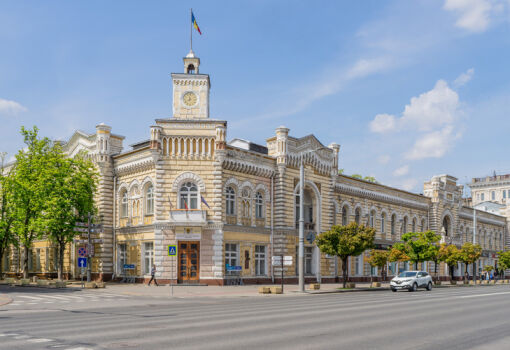
Marin Ciobanu
This is confirmed by economic experts, who point out that the current GDP growth rate of 0.1%, as at the end of 2024, or just over 2%, as projected this year, does not even allow us to talk about growth. This is stagnation.
In this regard, Marin Ciobanu noted that during the election campaign, there are many populist promises to create new industries, to open hundreds and thousands of jobs, to increase exports of high value-added products, etc. But almost all such declarations are not supported by concrete calculations and strategic vision of the situation, do not reflect the real state of affairs and do not take into account the existing problems in the economy and in the country. Therefore, they seem unrealistic.
“It is obvious that only active industrialization of the economy, based on serious investments and innovations, can become a fundamental factor of accelerated economic growth,” said Marin Ciobanu. – At the same time, investments are needed not only directly in industrial development. It is equally important to invest in education in order to get highly qualified personnel, which the country’s economy, and first of all, the industry, needs today. This will also stimulate and create prerequisites for the introduction and development of innovations, transition to modern technologies and world-class industrial developments. Investments are extremely important for the labor market, which should be supported not only by competitive salaries, but also by decent working conditions and the status of employees.
In a comment for Logos Press, the APIP chairman noted that these tasks cannot be accomplished in isolation or with a noticeable time gap. “Only the synergy of these factors, their complex and simultaneous application with the solution of many related problems can give the proper effect. For the qualitative development of the economy and the country as a whole, for the European future of Moldova, it is necessary that our economy be competitive, self-sufficient and sustainable. For this purpose, it is necessary to create high value-added industries, to implement modern technologies and innovations, to provide the economy with qualified and well-paid human resources,” Marin Ciobanu said.
The example of FEZ “Balti”, which has been headed by Marin Ciobanu for 15 years since its creation, confirms the realism of such a path – accelerated industrialization through solid foreign investments, creation of new industries with high added value, synergy of production, training and highly productive labor.
The zone was created in 2010 and became the “youngest” of the FTAs operating in Moldova at that time. But it quickly became a leader in terms of attracted investments, the number of residents, and the volume of industrial products produced, which is the most important thing.
Active development of FEZ “Balti” has led to the fact that today 19 sub-zones are open in 11 regions of the country. It accounts for 10.8% of Moldova’s industrial production, 14.1% of the country’s total exports and 36.1% of industrial products supplied abroad. Residents’ enterprises have 11% of jobs in the processing industry. In 2024, the volume of industrial production of FEZ “Balti” residents exceeded $504 million, and the total amount of attracted investments reached $334 million. 10.2 thousand jobs were created at the enterprises of the zone, the salary fund exceeds $83 million. Only in 2024, tax payments of residents amounted to $38 million, another $27.5 million amounted to the volume of purchases of goods and services from local companies.
Thus, the total economic impact of FEZ “Balti” in 2024 exceeded $148.5 million. The zone’s share in Moldova’s industrial exports is growing annually and reached 36.1% in 2024, while in 2015 it was estimated at only 5.3%.
At the same time, during these 15 years the FEZ “Balti” administration together with residents and external partners created an efficient and effective system of training of engineering and crafts personnel through the implementation of dual education system, opened the Engineering College in Straseni. Recently, the Austrian Technical College, oriented on mastering modern technologies and innovations, where almost all teachers are from Austria, was opened in FEZ.

It would seem why such a successful experience of this free zone should not be extended to the whole Moldova? Marin Ciobanu admits that such attempts have been and continue. In 2019, APIP developed the National Strategy for the industrialization of the country until 2030. It was a comprehensive and well thought-out document, the implementation of which would allow to really make a qualitative leap in the industrial development of the country and would provide a synergistic effect for the economy. The strategy even passed all the procedures of discussion and approval in the government, but it did not reach the parliament due to the change of power.
So it turned out that in 2015-2024 Moldova had no strategy for the development of the industrial sector at all. And the previous strategy for 2006-2015 was also practically not implemented due to frequent changes of power and priorities. The initiative to create 18 industrial platforms in the country – in areas where there are no free zones and industrial parks – has not been developed either. This would have provided an opportunity to include these regions in the industrialization processes, increase investors’ interest in them, and create a base for economic growth. At one time, the authorities even approved this program of creating industrial parks, began to allocate budget money for them and create a regulatory framework. But the lack of “political memory” and lack of continuity in successive governments buried this seemingly useful idea.
In addition, APIP and FEZ “Balti” together with residents and partners have developed a Program for the development of local suppliers, which is already partially working. But even it has not been properly developed due to the lack of support from the state. The Patronage Association of Processing Industry has also long been proposing the creation of an Innovation and Technology Park, following the example of the IT Park, with a single tax of 7% for residents. This would give a powerful impetus to the inflow of local and foreign research centers, stimulate the introduction of modern scientific developments, innovative products and solutions. But the initiative has not been heard yet either.
The result of such neglect of the industrialization policy was not slow to take effect. According to Marin Ciobanu’s estimates, during the 2010-2020 period alone, Moldova lost more than 15 serious investments. Moldova lost more than 15 serious investment projects with the potential to create at least 20,000 jobs and attract the same number of workers to related industries.
In particular, Japanese Mitsubishi Corporation, German company Leoni Bordetz-Systeme, Irish Johnson Controls, Korean Youra Corporation, etc. have abandoned their intentions to settle in Moldova.
When asked by Logos Press what was the main reason for the rejection of these solid foreign companies, Marin Ciobanu answered without hesitation: “Bureaucracy!”. And he gave concrete examples, when ministries took more than two years to solve the issues of changing the land designation (from agricultural land to industrial development). Or when village councilors repeatedly vote against the allocation of a plot of land for a new factory, although the benefits for the village budget and for the people are obvious. And so on.
– We still have a lot of projects in development, which are being promoted more or less successfully, and where with a creak, – states the administrator of FEZ “Balti”. – And most often it is bureaucracy and sluggishness of various departments that acts as a barrier. This applies not only to investment projects. We have proposed the Import Substitution Program for state-owned companies when making purchases. The idea is to legislate a certain advantage for local companies offering similar goods or services in tenders. Even if their products are slightly more expensive than their competitors – that is our reality today. In this case, the difference can be covered through the Organization for the Development of Entrepreneurship (ODA). This would help to stimulate local production and become a “lifeline” for many enterprises experiencing difficulties in selling their products. But there has been no reaction from the relevant ministries so far.
Marin Ciobanu agrees that it is impossible to solve all the problems at once. But not noticing them and not trying to solve them is not a solution either.
And he is all the more sure that industrialization and technologization by attracting serious investments into the country is an inevitable way for Moldova. If it really wants an economic leap and a European future. Because as full members of the EU we should be self-sufficient and successful, not a burden for other members of the Union.
How to do it – in the next Logos Press publications.



